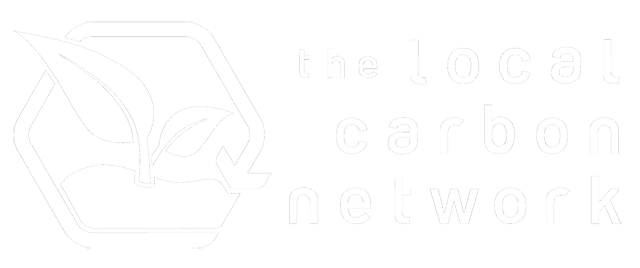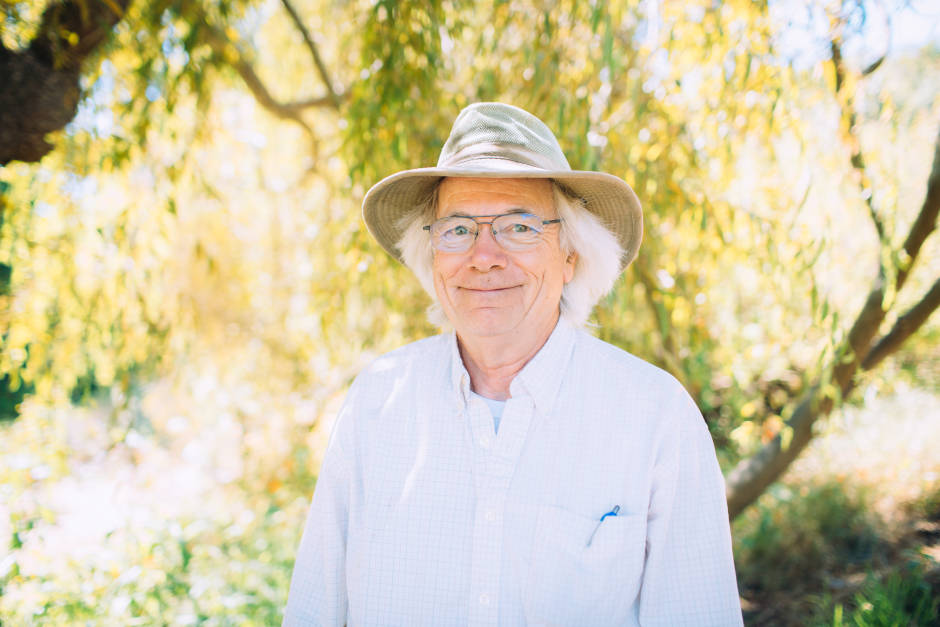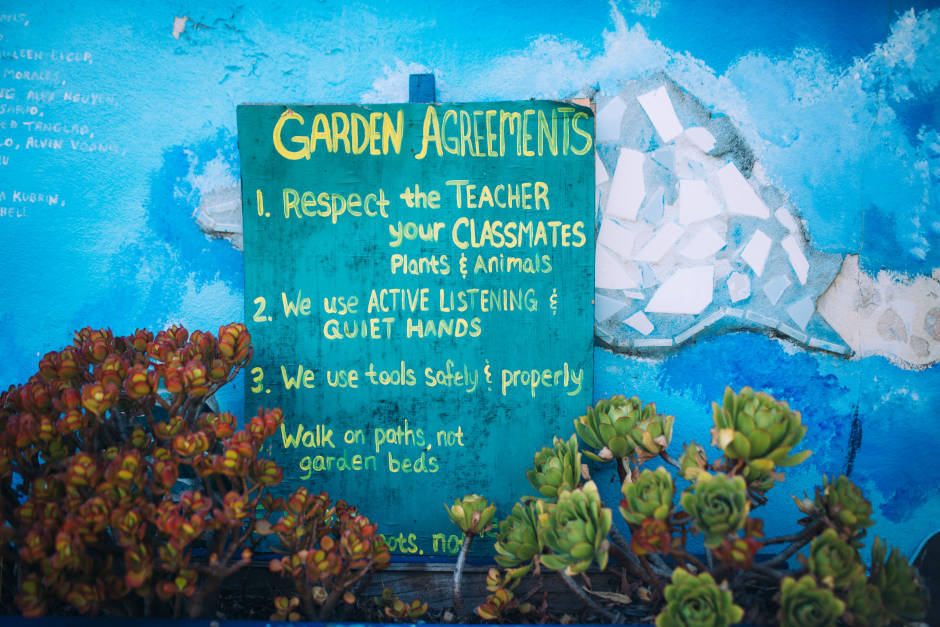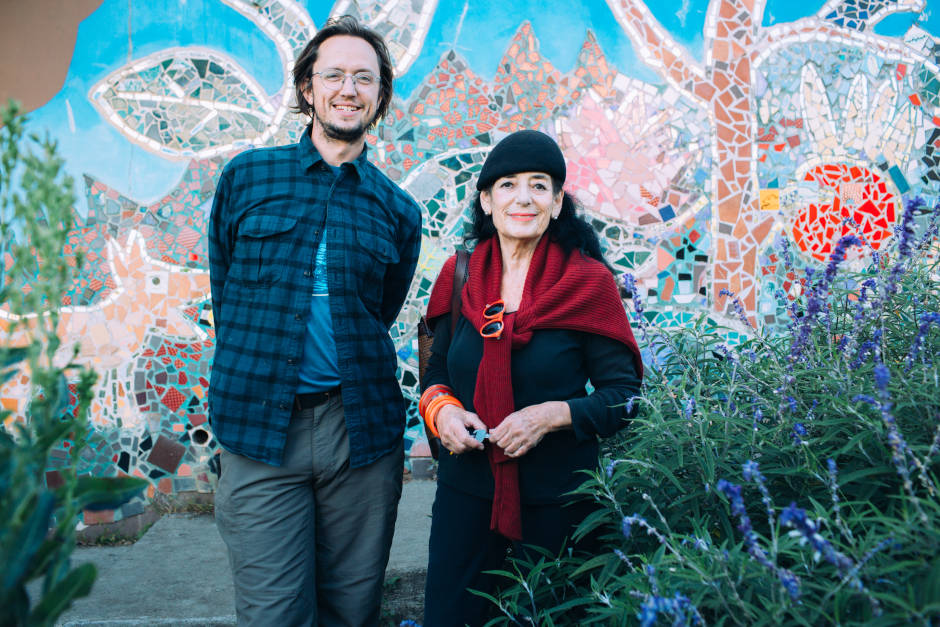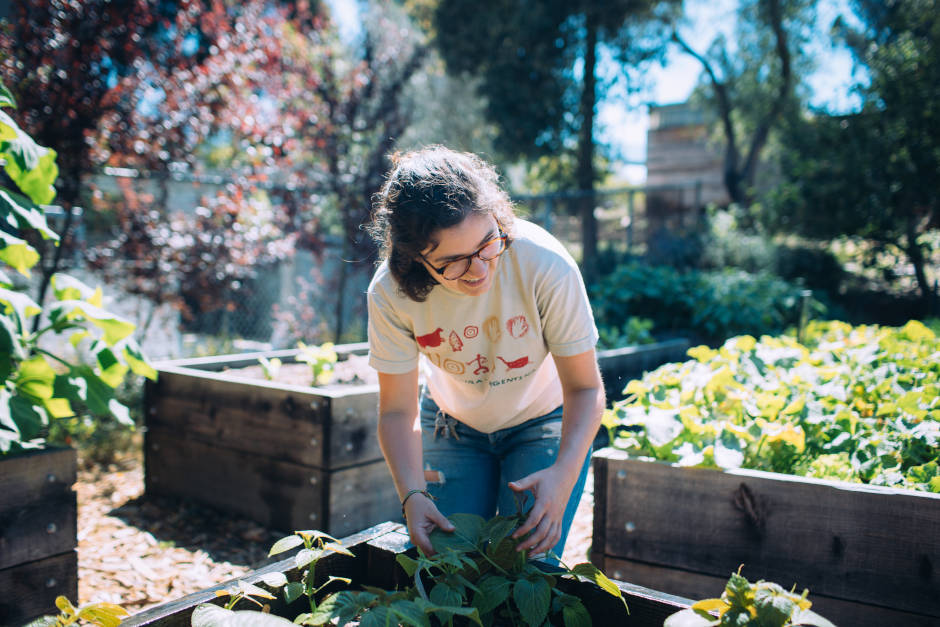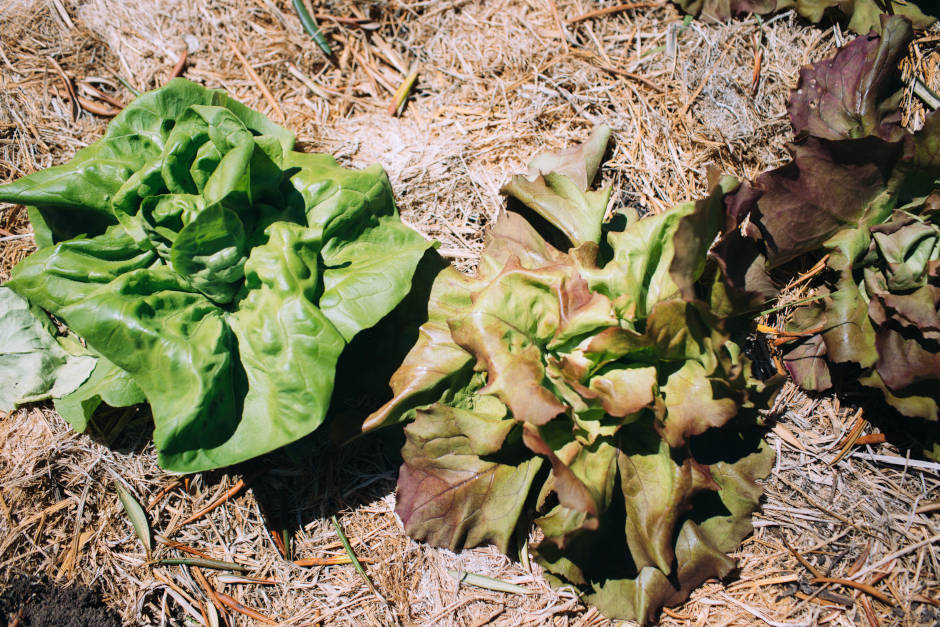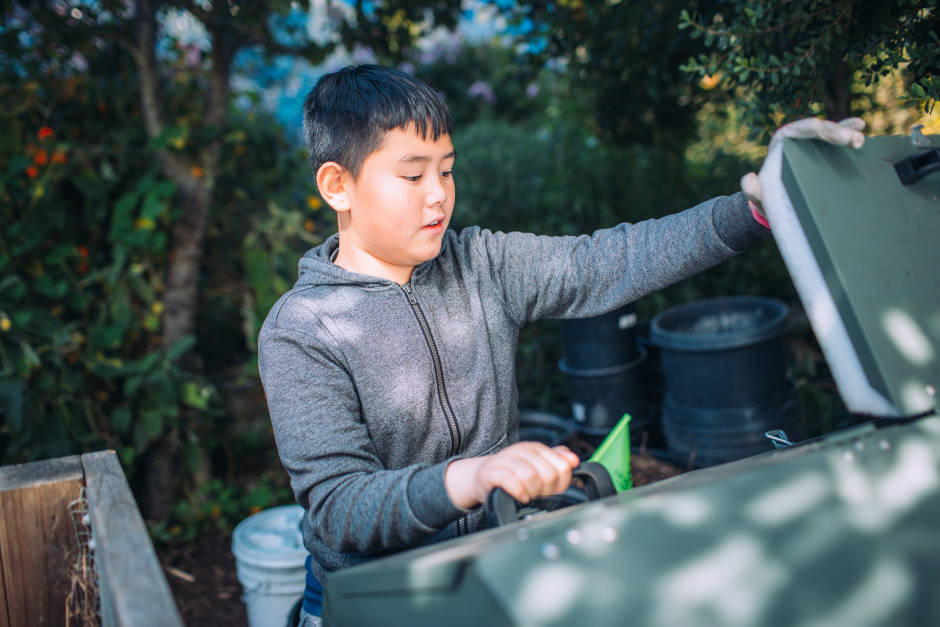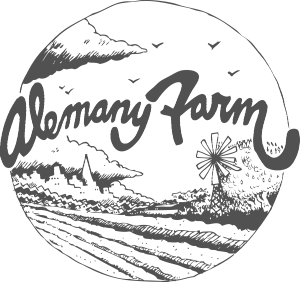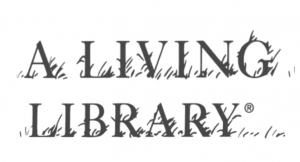San Francisco, CA
Kilos of waste diverted
Kilos of CO2 impact
Number of gardens involved
San Francisco, CA
San Francisco LCN provides free food to the community but also uses the garden experience to teach real world academic disciplines such as maths, languages and leadership. Alemany Farm is the largest urban farm in San Francisco and promotes food sovereignty and food security in the San Francisco Bay Area while educating local residents on the value of local food production. A Living Library is a nonprofit that provides a unique systemic framework, strategy, and methodology for planning, designing, implementing, and maintaining, place-based greening in diverse communities and schools.
Alemany Farm is the lead carbon drawdown node having composted 85 kilos of biochar to date with a possible max climate impact of 3400 kg CO2e
San Francisco LCN provides free food to the community but also uses the garden experience to teach real world academic disciplines such as maths, languages and leadership.

This project is sponsored by ALL Power Labs, an equipment manufacturer and biochar producer based in Berkeley, CA. Would you like to sponsor a project? Ask us how
The nodes of San Francisco’s Local Carbon Network are:
Alemany Farm is a 3.5 acre organic farm ecosystem in southeast San Francisco. Alemany Farm grows food security and educates local residents about how they can become their own food producers. They strive to increase ecological knowledge and habitat value, and to sow the seeds for economic and environmental justice. All of the food that is grown is given away for free—to neighbors, volunteers, The Free Farm Stand, and other groups.
A Living Library is a nonprofit that provides a unique systemic framework, strategy, and methodology for planning, designing, implementing, and maintaining, place-based greening in diverse communities and schools through hands-on, interdisciplinary, standards-based curricula (PreK-16-and beyond) during the school day, after school, and summers. Young people with caring adults create a more ecological environment in their school-yard, neighborhood, and community, while learning multiple subjects and having real-world experience in: math, science, history, economics, technology, languages, multi-arts, technology, youth leadership, health, nutrition, communications, amongst other subjects.
